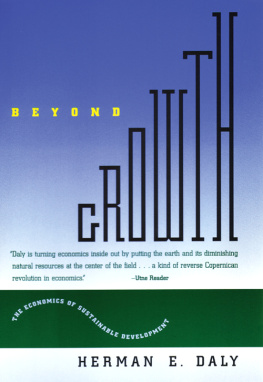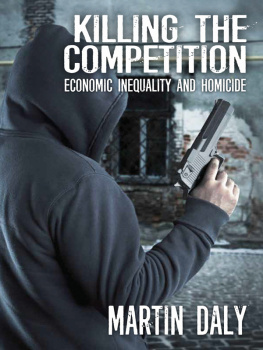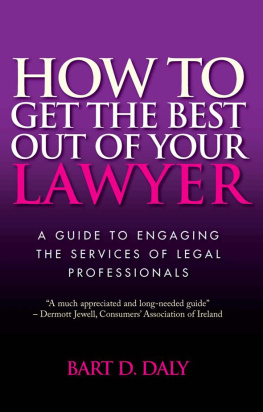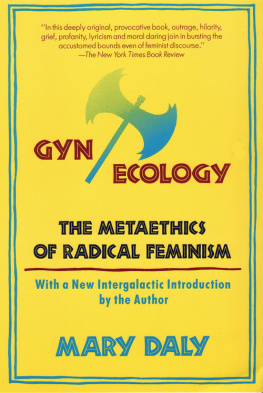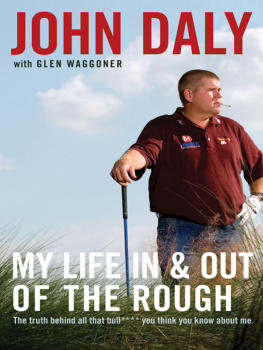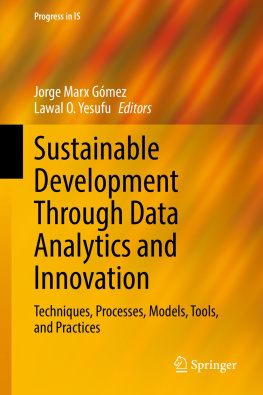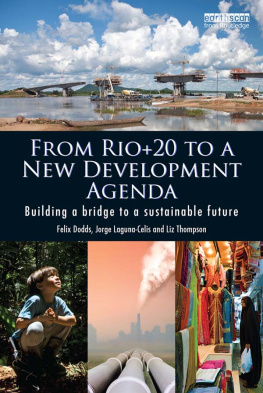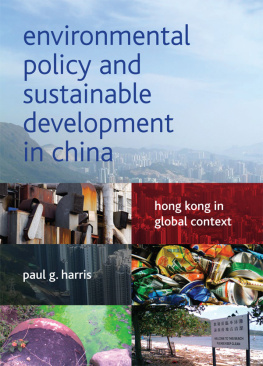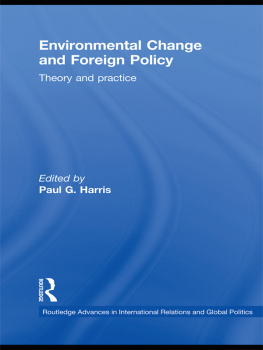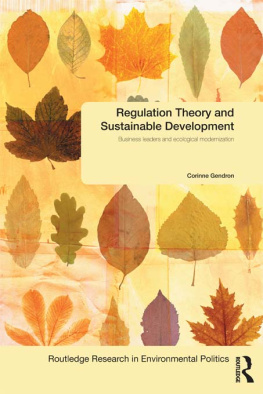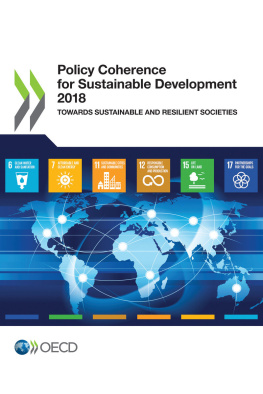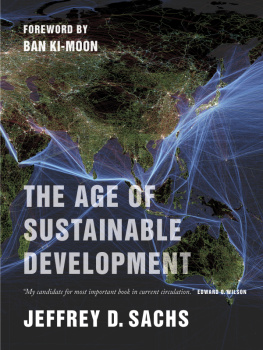

Acknowledgments
On the title page my name appears as sole author of this book. However, I have had a number of silent partners who are at least collaborators, if not coauthors. Over the past decade or so they have taught and helped me a great deal. The International Society for Ecological Economics has provided a supporting community of thought and scholarship, and in particular my partnership with Robert Costanza in founding that organization, and its journal, Ecological Economics, has been very rewarding. My partnership with John B. Cobb, Jr., in writing For the Common Good was another very fortunate and instructive friendship for me. During my six years at the World Bank I was lucky to have Robert Goodland as mentor, partner, and friend, as well as Salah El Serafy and a number of the members of the loyal opposition of environmentalists within the World Bank. More recently, at the University of Maryland I have benefited from discussions with my new colleagues Robert Nelson, Robert Sprinkle, Mark Sagoff, and David Crocker, and especially from the support of Peter G. Brown. This book also owes much of its coherence to the thoughtful editorial advice of Andrew Hrycyna, and to the careful and helpful copy editing of Chris Kochansky. Most of all, Marcia Damasceno Daly, my life partner and wife, has provided constant help, wisdom, and goodness for thirty-three years.
Introduction
The Shape of Current Thought on Sustainable Development
Although there is an emerging political consensus on the desirability of something called sustainable development, this termtouted by many and even institutionalized in some placesis still dangerously vague. Apparent agreement masks a fight over what exactly sustainable development should meana fight in which the stakes are very high.
The power of the concept of sustainable development is that it both reflects and evokes a latent shift in our vision of how the economic activities of human beings are related to the natural worldan ecosystem which is finite, non-growing, and materially closed. The demands of these activities on the containing ecosystem for regeneration of raw material inputs and absorption of waste outputs must, I will argue, be kept at ecologically sustainable levels as a condition of sustainable development. This change in vision involves replacing the economic norm of quantitative expansion (growth) with that of qualitative improvement (development) as the path of future progress. This shift is resisted by most economic and political institutions, which are founded on traditional quantitative growth and legitimately fear its replacement by something as subtle and challenging as qualitative development. The economics of development withoutand beyondgrowth needs to be worked out much more fully. There are enormous forces of denial aligned against this necessary shift in vision and analytic effort, and to overcome these forces requires a deep philosophical clarification, even religious renewal.
Sustainable development is a term that everyone likes, but nobody is sure of what it means. (At least it sounds better than unsustainable nondevelopment.) The term rose to the prominence of a mantraor a shibbolethfollowing the 1987 publication of the U.N.-sponsored Brundtland Commission report, Our Common Future, which defined the term as development which meets the needs of the present without sacrificing the ability of the future to meet its needs. While not vacuous by any means, this definition was sufficiently vague to allow for a broad consensus. Probably that was a good political strategy at the timea consensus on a vague concept was better than disagreement over a sharply defined one. By 1995, however, this initial vagueness is no longer a basis for consensus, but a breeding ground for disagreement. Acceptance of a largely undefined term sets the stage for a situation where whoever can pin his or her definition to the term will automatically win a large political battle for influence over our future.
Some would like to abandon the concept of sustainable development altogether, arguing that it adds nothing to standard economics and is too vague to ever be useful. For example, there is an age at which we are both young and old; a tidal salt marsh is both land and sea; a credit card is both money and non-money. If all our concepts were analytic we could not deal with change and evolution. Analytically defined species could never evolve if they at no time and in no way overlapped with their other. All important concepts are dialectically vague at the margins. I claim that sustainable development is at least as clear an economic concept as money itself. Is money really M1 or M2, or is it M1a? Do we count Eurodollar-based loans in the U.S. money supply? How liquid does an asset have to be before it counts as quasi-money? Yet the human mind is clever. Not only can we handle the concept of money, we would have a hard time without it. The same, I suggest, is true for the concept of sustainable development. If economists reject this concept because it is dialectical rather than analytical, then they should also stop talking about money.
While accepting the inherent overlap and vagueness of all dialectical concepts, there still remains much room for giving content to and sharpening the analytical cutting power of the idea of sustainable development. For one thing, the Brundtland definition tells us only that sustainable development means development which does not impoverish the future. This statement implies something about what sustainable means in this context, but it does not even try to define development. Is there a difference between economic development and economic growth? Does growth mean growth in the total value of goods and services produced during a given time period (GNP, or gross national product)? Or does it mean growth in the rate of flow of matter and energy through a given economic system (physical throughput)? These are some of the issues to be addressed in this book. But before doing so it is useful to recognize that the issues addressed by the concept of sustainable development existed and were actively discussed long before the term itself became customary.
For over twenty-five years the concept of a steady-state economy has been at the center of my thinking and writing. John Stuart Mill, back in 1857, discussed this idea under the label stationary state, by which he meant a condition of zero growth in population and physical capital stock, but with continued improvement in technology and ethics. Following Mill and the classical economists, I have always thought that this concept was most relevant to developed or mature economies. During the six years that I worked for the World Bank (19881994), I was therefore surprised to see a very similar idea, now called sustainable development, become the dominant ideal for the less developed countries (the South), but not for the mature, developed countries (the North). In my view, while sustainability is certainly relevant to the South, the critical issue is for the North to attain sustainability in the sense of a level of resource use that is both sufficient for a good life for its population and within the carrying capacity of the environment if generalized to the whole world. Population growth and production growth must not push us beyond the sustainable environmental capacities of resource regeneration and waste absorption. Therefore, once that point is reached, production and reproduction should be for replacement only. Physical growth should cease, while qualitative improvement continues.
Next page
